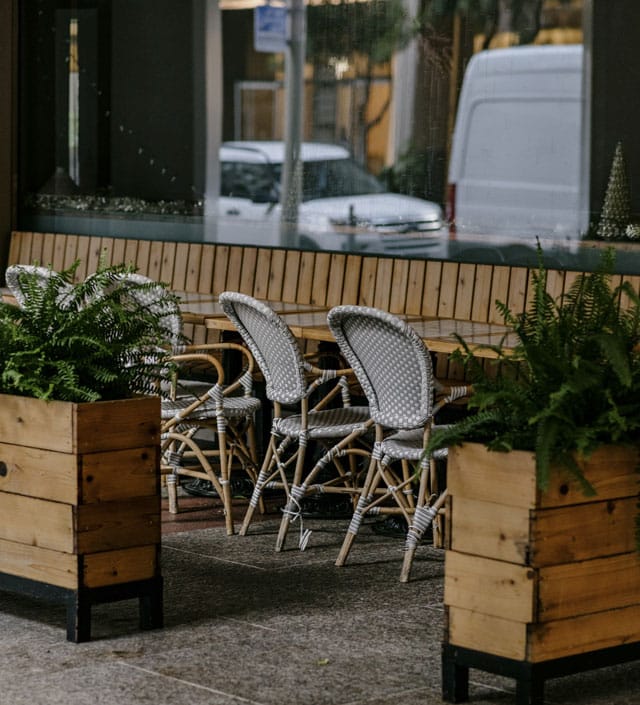A place outside the city might sound like heaven, but there are some things you should consider.
A Home Away From Home Could Be Perfect for You If …
You understand the importance of being organized. You make lists to ensure that you don’t have two jars of turmeric in the city and none in the country (and vice versa). You listened very carefully and took appropriate action when a knowledgeable source told you it was necessary to book at least a month ahead for a table at a popular restaurant on Saturday night, and three months ahead for a Pilates class on Saturday morning, during high season.
You’re not much of a traveler. Of course, you have to factor in the time it takes to get from your primary residence to your second home. But it’s a way to have a change of scenery without packing a large suitcase or getting anywhere near an airport.
You want to be near nature but strictly on your own terms. To own a second home is to have the great outdoors but to have it in proximity to the great indoors.
You love being a host. You love feeding and boarding a crowd, and chances are you’ll have more room to do so at your second home than at your primary residence. And now, at long last, you can reciprocate the generosity of people who bought a second home before you did.
You’re a DIY person. A second home will give you plenty of opportunities to demonstrate your skills because you can absolutely depend on the fact that something is about to break (if it hasn’t already), just as you can depend on the fact that the plumber/electrician/odd-job person is booked solid until after Labor Day. And perhaps because this is your first time owning a garage, you suddenly have room for a wide array of tools. Home Depot, here you come.
On the Other Hand, Maybe Not If …
You are looking to shake up your life. “Psychologically speaking, this is not a good reason,” said Dr. Gail Saltz, a clinical associate professor of psychiatry at Weill Cornell Medical College. “In buying the property, people have invested money and time and will thus feel compelled to go there regularly. And having two choices — the primary residence and the vacation home — doesn’t add much in the way of variety.”
Your goal is to create a glorious retreat for generations to come. Well, good luck with that. “Your heirs may not want it,” Saltz said. “They may prefer a place in the mountains or at the beach. Perhaps they could use the money a sale would bring but will feel obligated to keep it.”
You are easily thrown for a loop. Boilers get ornery. Faucets spring leaks. Lawns, siding, gutters, roofs all need to be maintained. The snowstorm comes, but the snowplow guy doesn’t. All this is what aggravates people about first homeownership. The acquisition of a vacation property is an invitation to multiply this agita by two.
“I’ve had people sell their weekend home because they worried so much about the property when they weren’t there,” said Amy Lonas, an associate broker in the Woodstock, New York, office of Coldwell Banker Village Green Realty. “We’ve had ice storms and floods here, and they just didn’t want the angst.”
The situation can be particularly challenging for those whose primary residence is a rental. “This may be their first home purchase,” Lonas said. “They think they’re buying a dream and that nothing can go wrong. I tell these clients, ‘Expect something to break right after you close.’”
You’re deeply concerned about what others think. “Because we’re living in a time when there is so much wealth disparity,” Saltz said, “you need to think through how you would deal with the knowledge that some people will say, ‘You must be really rich,’ which may or may not be true.” Of course, you may encounter just as many people who will say: “You bought there? Ugh! Nobody goes there.” Add these reactions to the very long list of judgments family, friends, colleagues, acquaintances and strangers have already made about you.
You expect life, wherever your second home is situated, to precisely mirror life at home. There won’t necessarily be a Starbucks on the corner or first-rate kung pao tofu a three-minute walk away. Uber or DoorDash might not operate where you are. Accept this or rethink your real estate plans. Diane Saatchi, an associate broker at Saunders & Associates in East Hampton, New York, said, “I always tell people to rent for a season before they buy.”
c.2024 The New York Times Company. This article originally appeared in The New York Times.







